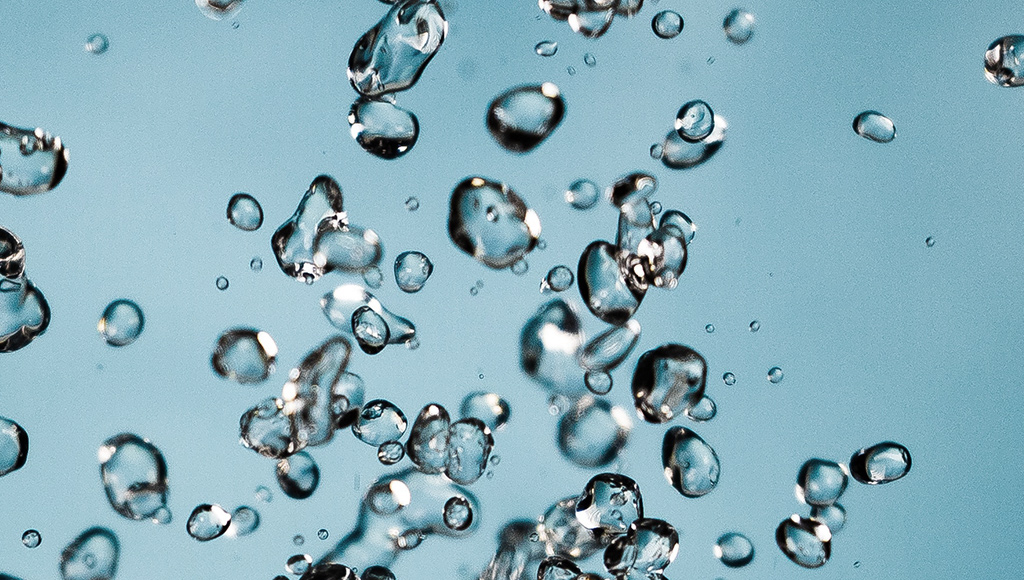
Insights | September 18, 2019
SodaStream v. MySoda – Finnish Market Court rules on trademark infringement and exhaustion of rights
In a recent ruling on trademark infringement and legitimate reasons to oppose further commercialization of goods in cases where trademark rights have been exhausted, the Finnish Market Court concluded that MySoda had infringed SodaStream's registered trademarks by removing SodaStream's labels from carbonating bottles, refilling them and affixing its own labels with the logo 'MySODA' on to the bottles, leaving the inscribed trademark SODASTREAM or SODA-CLUB visible, and selling and marketing these bottles in Finland.
Background
On 5 September 2019, the Finnish Market Court issued its decision in case MAO:388/19 Soda-Club (CO2) SA and SodaStream International B.V. v MySoda Oy, which concerned an evaluation of trademark infringement and the exhaustion of rights principle. The judgement is not final.
A trademark does not entitle the proprietor to prohibit its use in relation to goods which have been put on the market under that trademark by the proprietor or with the proprietor’s consent. However, this does not apply where there are legitimate reasons for the proprietor to oppose further commercialization of the goods, especially where the condition of the goods has changed or been impaired after they have been put on the market. This principle, known as “exhaustion of rights”, has been established both in the EU and Finnish trademark legislation.
SodaStream is in the business of selling carbonating machines and bottles under the trademark SODASTREAM or SODA-CLUB. All carbonating machines sold on the Finnish market require a refillable carbonating bottle. The bottles are compatible with all carbonating machines on the market irrespective of the manufacturer. Consumers buy these bottles from the supermarket either off the shelf, or at the info desk or checkout. The bottles are reusable and worth considerably more than the gas inside them. Therefore, consumers have a legitimate interest in refilling and reusing the bottles. Supermarkets routinely accept empty return bottles irrespective of who originally put them on the market.
In 2016, MySoda, a competitor of SodaStream, began selling carbonating bottles separately. Some of the bottles sold by MySoda were originally sold by SodaStream and refilled and relabeled by MySoda so that the original SODASTREAM or SODA-CLUB trademarks inscribed on the aluminum bottle remained visible. SodaStream had sued MySoda for trademark infringement. MySoda disputed the claims and invoked the exhaustion of rights principle.
Judgment
While it was undisputed that SodaStream’s trademark rights had been exhausted in this case, SodaStream offered several legitimate reasons for opposing MySoda’s actions.
Firstly, SodaStream claimed that it had a legitimate reason because MySoda had changed or impaired the bottle and its contents. The court, however, disagreed, saying that refilling an empty carbonating bottle does not constitute such a change or impairment.
Secondly, SodaStream argued that MySoda’s instructions to supermarkets regarding their return bottle policy had caused damage to SodaStream by forcing it to invest in new bottles. The court, however, disagreed. The quantity of new bottles required by SodaStream due to this return policy was less than one percent of the total quantity of their return bottles; therefore, the court concluded that no damage had occurred.
Thirdly, SodaStream claimed that its reputation had been harmed on the grounds that MySoda might not fulfill the same quality, safety and health standards which, in turn, might cause an accident and consequently adversely affect SodaStream’s reputation. Again, the court disagreed, pointing out that, in Finland, the filling of carbonating bottles is subject to the supervision of an official authority and that no accidents linked to carbonating bottles had been reported.
Fourthly, SodaStream claimed that MySoda’s relabeling created a false impression that there was a financial connection between SodaStream and MySoda. In this regard, the court noted that MySoda had used two types of labels on bottles originally sold by SodaStream. Both labels were affixed to the bottle so that the original SODASTREAM or SODA-CLUB trademarks inscribed on the aluminum bottle remained visible. The court found that one of the two labels amounted to an infringement.
The non-infringing label used by MySoda presented the term ‘carbon dioxide’ in large font in five languages without the additional mention of any specific company name or logo. In addition, in small font it said: ‘This carbonating bottle has been filled by Brand Handlers Helsinki. Brand Handlers Helsinki is not connected to the original marketer of this bottle or its company and trade mark visible on this bottle. More information can be found at www.mysoda.fi’. The court concluded that this label was not likely to give the average consumer the impression that there was a financial connection between SodaStream and MySoda.
The label that the court found constituted an infringement presented the logo ‘MySODA’ twice in large font, with the text ‘carbon dioxide for carbonating machines’ in smaller font in two languages. In addition, in small font it said: ‘This carbonating bottle has been filled by Brand Handlers Helsinki. More information can be found at www.mysoda.fi’. Taking into account the availability of carbonating bottles in supermarkets, the court considered that the label in question was likely to give the average consumer the impression that there was a financial connection between SodaStream and MySoda. The court prohibited MySoda from continuing or repeating the above procedure on pain of a fine of EUR 100,000.
The court dismissed SodaStream’s claims in other respects. The parties were ordered to cover their own legal costs.